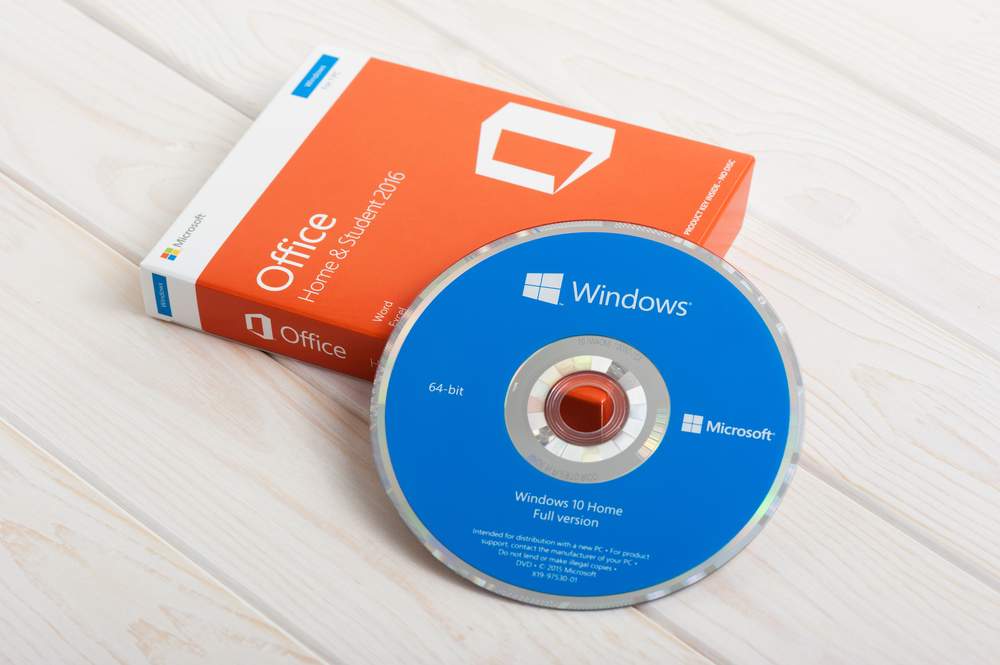According to findings by Secureworks, the average Conti ransomware group member earns a salary of $1,800 per month, a figure you might consider low considering the success of the criminal gang.
MixMode announced that it has raised $45 million in a Series B funding round led by the growth equity firm PSG, with participation from existing investor Entrada Ventures.
A new BitRAT malware campaign is leveraging illegal crack tools for Windows 10 license verification. The campaign targets users looking to activate pirated Windows OS versions on webhards for free. BitRAT supports generic keylogging, audio recording, clipboard monitoring, credential theft from web browsers, webcam access, XMRig coin mining, and several additional features. Companies are urged […]
Researchers devised a new phishing technique, dubbed Browser-in-the-Browser (BitB) attack that lets cybercriminals spoof a browser window within a browser by leveraging a mix of HTML and CSS code. The novel BitB attack bypasses both a URL with HTTPS encryption and a hover-over-it security check. Researchers suggest using secure proof of identity via a registered device […]
An unknown and likely sophisticated threat actor is leveraging a unique amalgamation of open-source software, a detection bypass technique, and steganography to attack French entities.
Avast researchers have observed three main ways in which the malware is being disseminated – PurpleFox EK, PurpleFox Worm, and injected Telegram installers. It is likely that the malware propagates through other methods too.
Due to the similarities between the MulCom backdoor used by this group and FFRat, researchers suspect that the FFRat codebase is being shared between several Chinese adversary groups.
The round was led by previous lead investor Insight Partners, and comes just weeks after the New York-based venture capital firm raised over $20 billion for its 12th flagship fund.
Attackers are now using .XLL files to deliver a new, obfuscated version of JSSLoader. This new malware variant utilizes the Excel add-ins feature to load the malware and inspect the changes inside.
The FBI advisory shares 140 internet protocol, or IP, addresses that it says have been associated with the scanning of critical infrastructure in the U.S. since at least March 2021.








